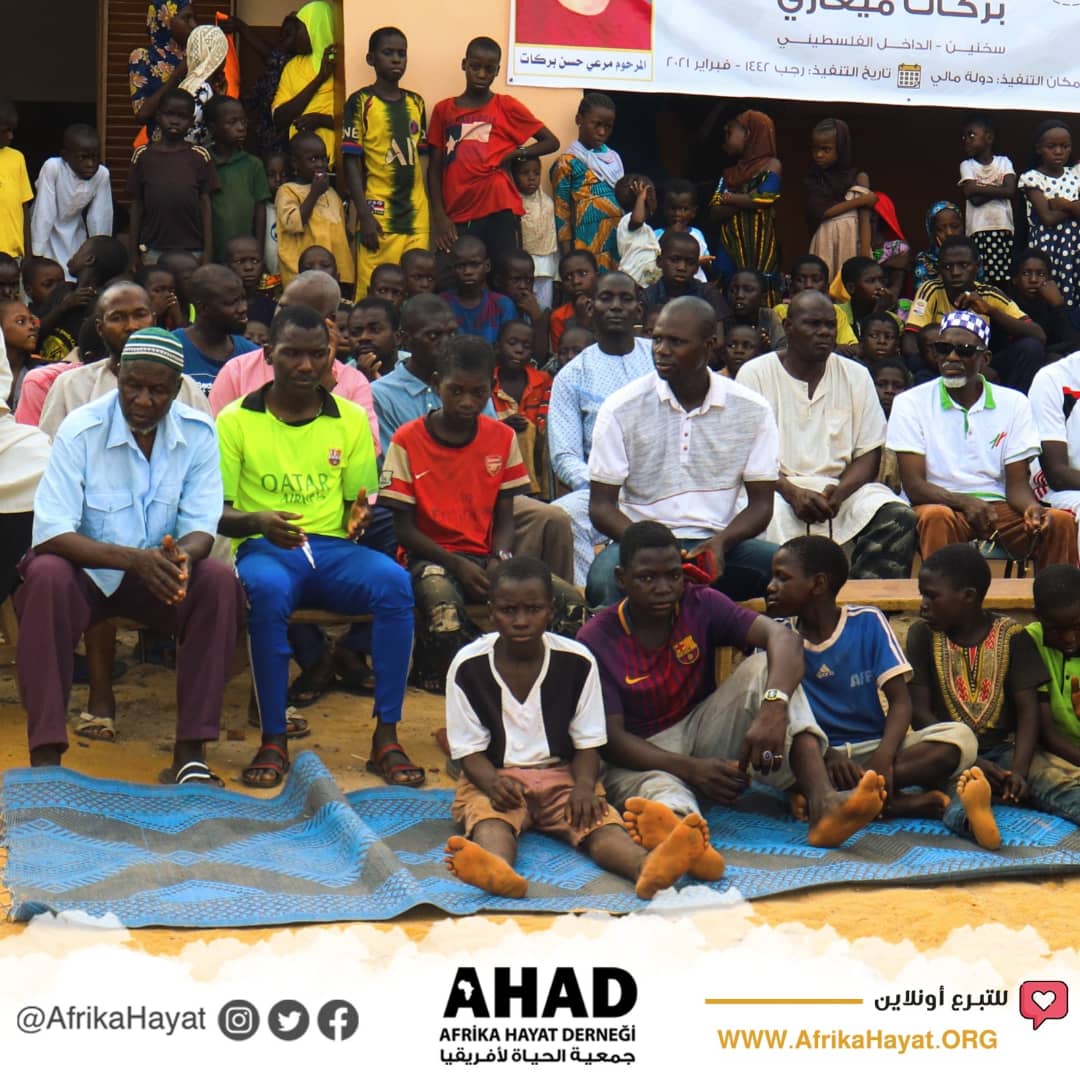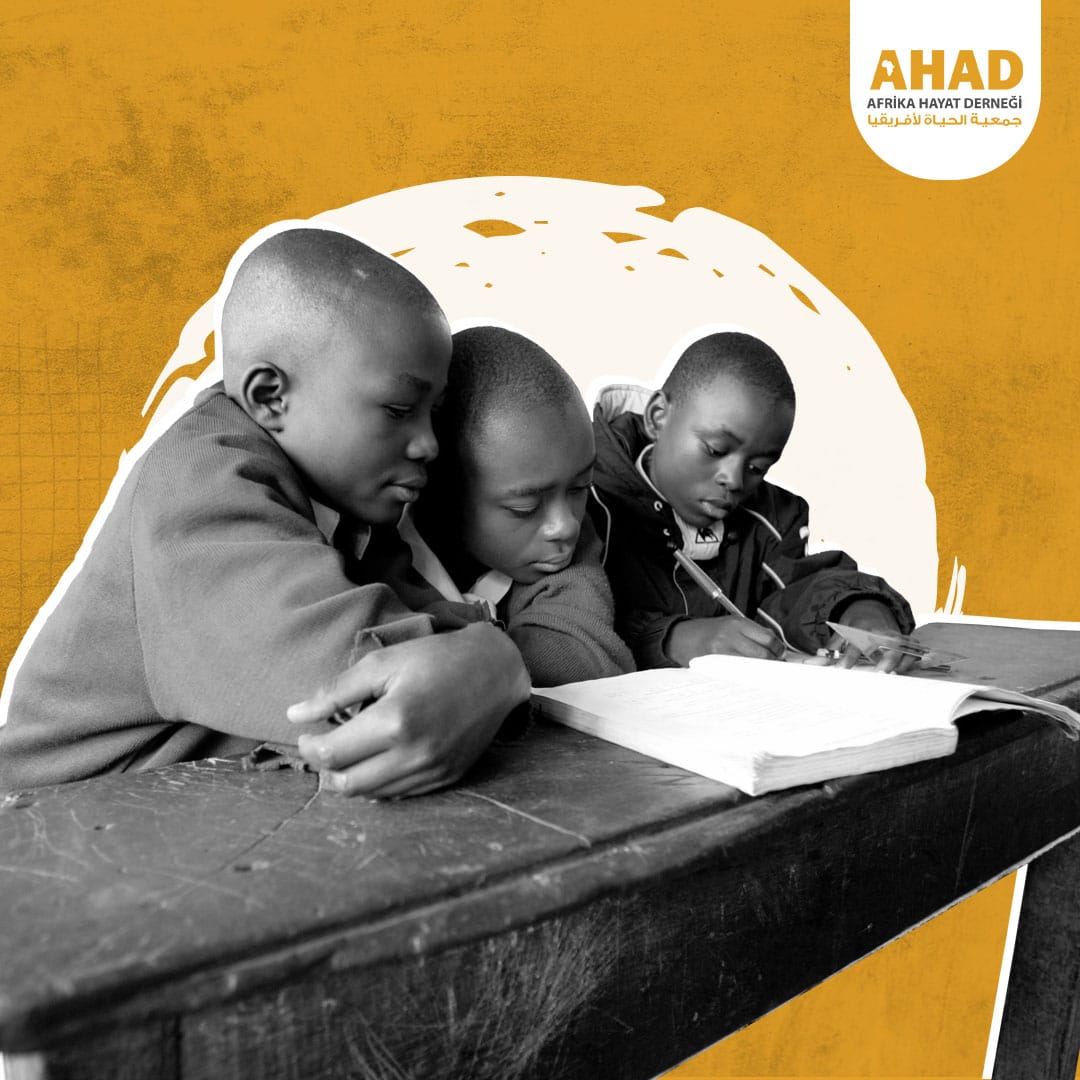Mali is one of the African countries facing major challenges in the field of Education. Education is essential for the development and progress of society, but Mali faces difficulties in providing the infrastructure and resources necessary to ensure the right to education for all.
Defining the challenges of education in Mali
The challenges of education in Mali include lack of infrastructure, lack of human resources, poor health conditions, lack of educational awareness, and the impact of wars and armed conflicts. These challenges negatively affect the quality of education and the chances of success for students in Mali.
The importance of education in Mali
Education in Mali is of great importance, as it plays a crucial role in achieving comprehensive development and enhancing decent living opportunities for individuals. Education contributes to the development of skills and abilities and the expansion of knowledge Horizons, which leads to the construction of a strong society and a sustainable economy.
The educational context in Mali
The educational context in Mali has many challenges. The educational system is facing infrastructural difficulties and a lack of human potential. Poor health conditions and poor pedagogical awareness also affect the quality of Education. The challenges are increased by wars and armed conflicts in some regions. Therefore, there is a need to increase efforts and enhance educational performance in Mali.

The educational system in Mali
The educational system of Mali is the institutions and structures that manage and regulate the educational process in the country. This system includes primary, secondary and higher education levels. The curriculum is implemented by schools and universities, in addition to the presence of supervisory and administrative bodies to ensure the quality of education in Mali.
The extent of the challenges facing the educational context in Mali
The educational context in Mali faces significant challenges that affect the quality of education and enable students to have equal educational opportunities. Among these challenges we find the lack of infrastructure, lack of human resources, poor health conditions, lack of educational awareness and the impact of wars and armed conflicts.
Lack of infrastructure
Mali suffers from a lack of infrastructure for the education sector, as it faces difficulties in providing the necessary schools and books. This negatively affects the quality of education and hinders the chances of students to get an adequate education. More resources should be allocated to improve infrastructure and provide more educational facilities.
Financial problems in the educational sector
Education in Mali is experiencing serious financial problems that negatively affect the quality and progress of Education. This includes a lack of government funding, weak spending on education, and high costs for private schools. These problems hinder the provision of a strong infrastructure and affect the quality of education in the country.

Scarcity of basic resources and facilities such as schools and books
The scarcity of basic resources and facilities such as schools and books is a major challenge in Mali’s education system. Students may have difficulty accessing good schools and appropriate textbooks, which negatively affects the quality of education and the chances of success for students. The country needs to increase investment in these resources to achieve sustainable improvement in the education system.
Lack of human potential
Education in Mali suffers from a lack of human resources, as the sector suffers from a shortage of skilled and qualified teachers. This affects the quality of education and the ability of students to adequately achieve their academic development.
Low numbers of skilled teachers
The low numbers of skilled teachers in Mali is a major challenge affecting the quality of Education. The lack of competence and skills of teachers leads to a negative impact on students ‘ learning and realizing their full potential.
Disabilities that limit educational efforts
Educational efforts in Mali face many disabilities that limit their progress. These disabilities include a lack of financial resources and basic facilities, poor infrastructure, and a shortage of qualified teachers. The focus should be on solving these disabilities to improve the quality of education in Mali.
Poor health conditions
Mali suffers from poor health, and this greatly affects the country’s education system. It is becoming increasingly difficult to get education to students due to the spread of diseases and the lack of health care. It is important to promote awareness and provide the necessary care to ensure the continuity of Education under these conditions.

The consequences of poor health conditions on education
The repercussions of poor health conditions on education include the interruption of lessons and its impact on the quality of education, in addition to an increase in the rate of absenteeism and a decrease in student concentration. Also, poor health can lead to the spread of diseases among students and the deterioration of their health in general, which negatively affects their educational experience.
Tackling the spread of diseases and Prevention
One of the most prominent challenges facing education in Mali is the spread of diseases and their negative effects on the educational process. Therefore, health awareness should be promoted and preventive measures taken to reduce the spread of diseases and preserve the health of students and teachers.
Lack of educational awareness
Mali suffers from a lack of educational awareness among students, as negative behaviors such as vandalism and violence are widespread in schools. In order to counteract this problem, awareness and education against these behaviors must be promoted and the values of cooperation and respect promoted among students.
Negative behaviors prevalent among students
Education in Mali suffers from the prevalence of negative behaviors among students. These behaviors include vandalism, smoking, violence, and bullying. These behaviors affect the learning environment and hinder the achievement of education goals. Actions must be taken to combat these behaviors and promote educational values among students.
The role of awareness and education against these behaviors
Awareness and education plays a crucial role in combating negative behaviors among students in Mali. This includes providing educational programs to promote values and ethics and promote awareness of the importance of respect for others and cooperation. Effective communication and problem solving in non-violent ways should also be encouraged.
War and armed conflicts
Mali is facing great challenges as a result of the war and armed conflicts it is witnessing. These challenges negatively affect education, as students and teachers are put at risk and schools are destroyed. It is important to support educational efforts in these affected areas and ensure everyone’s right to education.
Consequences of wars and conflicts on education
Mali is suffering from the repercussions of wars and armed conflicts on the education system. Schools and educational facilities are being destroyed, students and teachers are displaced, which negatively affects the quality of education and opportunities to get a quality education in the country.
Support educational efforts in these places
Supporting educational efforts in these places is crucial to improving the quality of education in Mali. Funding and financial support for educational projects should be increased and the necessary resources should be provided to ensure wider coverage and the involvement of the largest number of students in the educational process.
Enhancing educational efforts
Strengthening educational efforts is crucial to achieving sustainable development in education in Mali. The number of teachers should be increased and their efficiency improved, as well as support for educational projects and improved government contributions to ensure high-quality educational opportunities for all.
Increase the number of teachers and strengthen their efficiency
Increasing the number of teachers and strengthening their competence are key to improving education in Mali. More trainings and educational programs should be provided to teachers to improve their skills and increase their number to meet the needs of students.
Supporting educational projects and improving government contributions
Supporting educational projects and improving government contributions is one of the main measures to improve education in Mali. Funding for educational projects should be increased and the allocation of resources should be strengthened by the government to ensure the development of infrastructure and the provision of necessary educational books and materials.
The role of the AHAD Association in supporting education in Mali
AHAD is an African non-profit association working in Mali with the aim of supporting education and improving learning opportunities for children and young people in disadvantaged communities. The association works to provide resources and scholarships to students who have financial difficulties in accessing education.
AHAD seeks to provide an appropriate learning environment by improving the structure of schools and equipping classes with the necessary supplies. The association also develops innovative educational programs and organizes teacher training courses to enhance the quality of Education.
In addition, AHAD conducts efforts to combat school dropouts and encourage regular student attendance by providing free school meals and conducting awareness campaigns about the importance of Education.
AHAD is a strong partner in the Malian community, as it works with local parties and educational institutions to promote sustainable development through education. The association seeks to build a future generation with the knowledge and skills necessary to achieve strong economic and social growth in Mali.
AHAD works hard and with dedication to support education in Mali and to bring positive change in the lives of children and young people.
Conclusion
The challenges of education in Mali are an important thing that must be addressed and improved. By increasing the number of skilled teachers, strengthening infrastructure and supporting educational projects, a significant improvement in the quality of education in Mali can be achieved.
Related articles:




